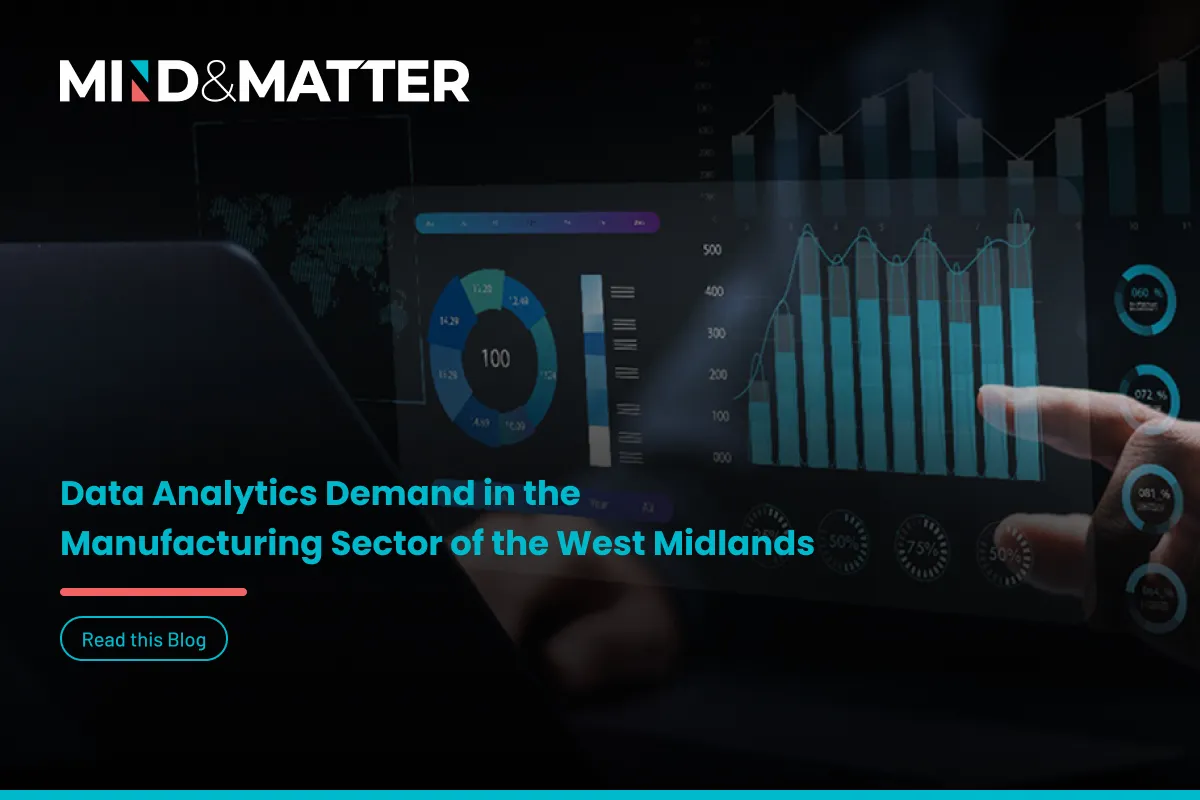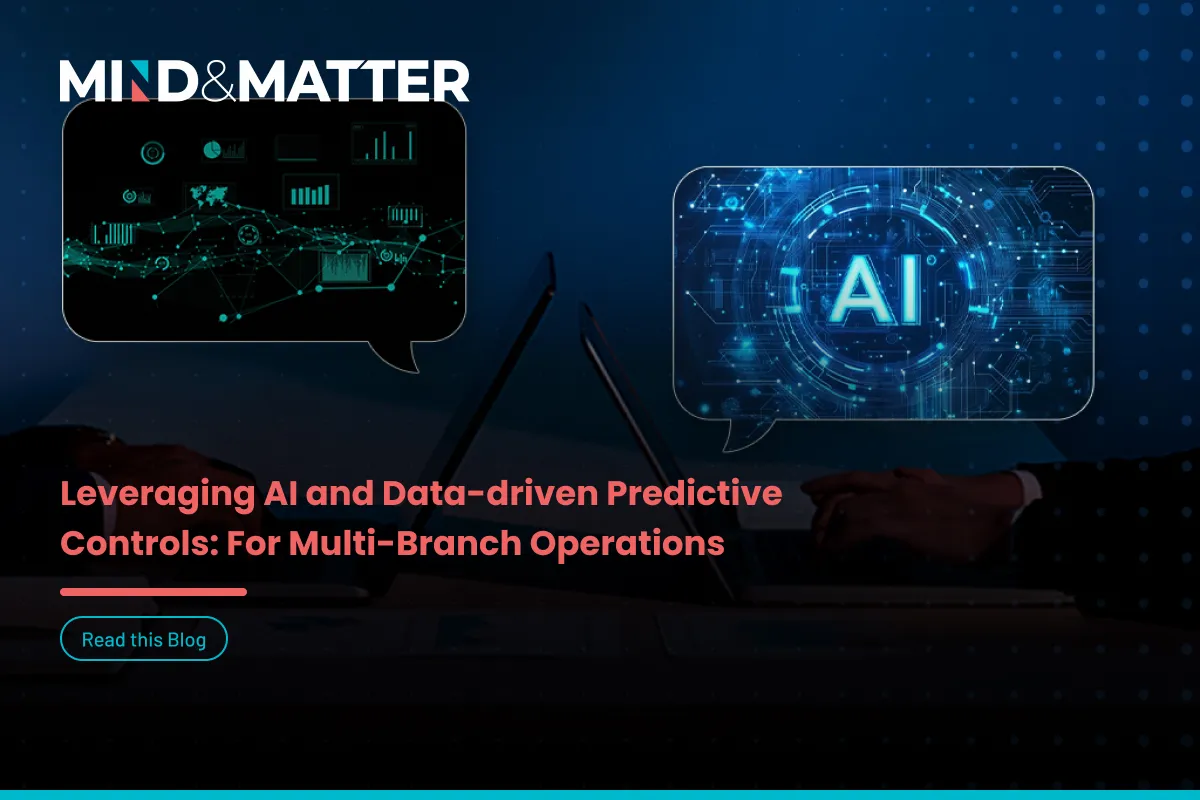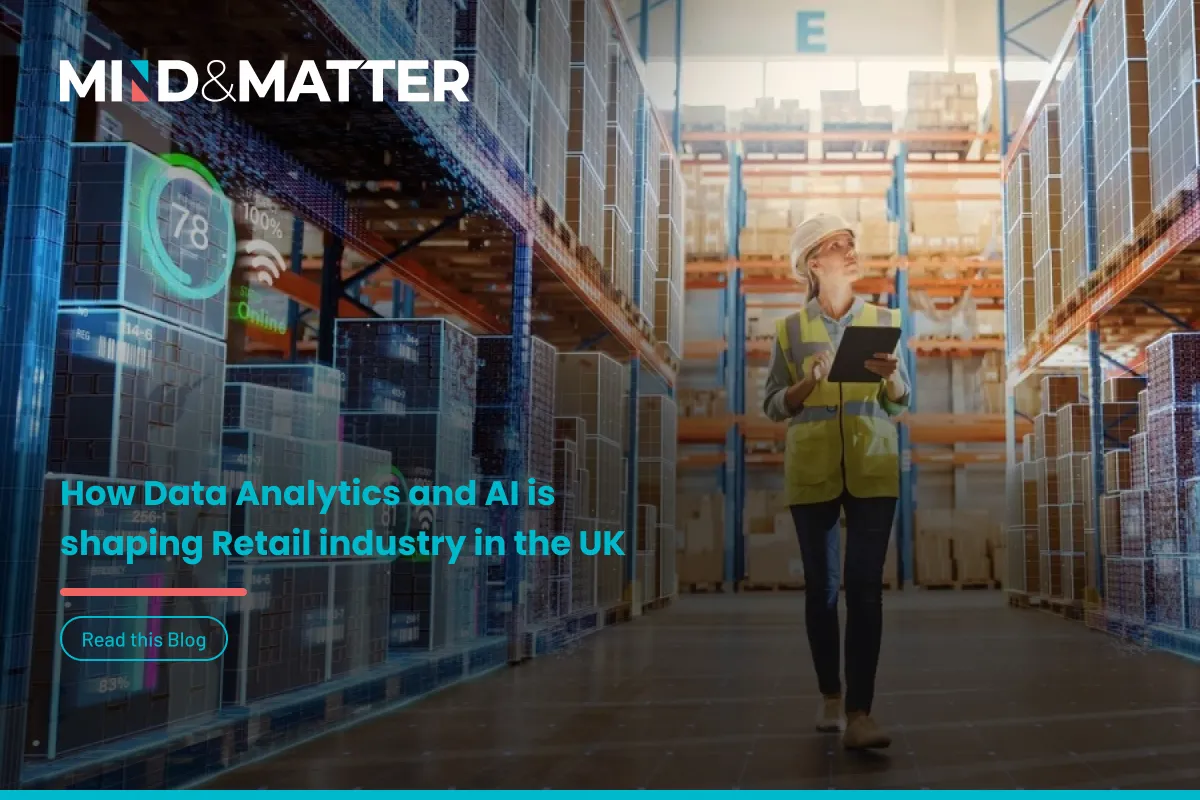The West Midlands has long been a powerhouse of UK manufacturing, with industries ranging from automotive and aerospace to rail and advanced materials. The sector generates £16 billion in Gross Value Added (GVA) and employs thousands of skilled workers. However, the rapidly evolving digital landscape presents both challenges and opportunities. With Data Analytics, Big Data, and Cloud reshaping industries, the manufacturing sector must adapt to technological advancements such as Industry 4.0 and Digital Transformation to remain competitive.
The Challenges and Barriers to Growth
Despite its strengths, the manufacturing industry in the West Midlands faces several hurdles. During interaction with our customers, we found manufacturing industries face challenges like:
Skills Shortage: More than a third (34%) of roles in the region’s tech and digital sectors require a degree, and there is a growing demand for data analytics and cloud computing. However, a skills gap results in limiting the adoption of advanced technologies.
Data Silos and Integration Issues: Many manufacturing firms struggle with fragmented data across multiple legacy systems, making it difficult for extracting insights from the data. We have come across situations where companies maintain separate databases for supply chain, production, and sales, leading to inefficiencies and a lack of transparency.
Inadequate Investment in Research and Development (R&D): While the region has strong industrial roots, investment in digital transformation lags behind other leading manufacturing hubs. Companies that hesitate to adopt new technologies risk falling behind competitors.
Productivity Disparities: The West Midlands’ productivity levels remain below the UK average, affecting overall competitiveness. Traditional manufacturing methods often lead to inefficiencies that could be resolved with real-time analytics and automation.
The Solution: Embracing Data-Driven Manufacturing
To overcome these challenges, manufacturers in the West Midlands must leverage data analytics in key areas:
1. Predictive Maintenance & Process Optimisation: Using big data, manufacturers can predict machine failures before they occur, reducing downtime and improving operational efficiency. AI-driven analytics platforms can identify patterns in machinery performance, enabling proactive maintenance. Automated reports can send alerts and triggers for periodic reminders to enable proactive maintenance.
2. Smart Manufacturing & IoT Integration: Advanced analytics, combined with IoT, enables real-time monitoring of production lines, optimising workflows, and minimising waste. Digital Transformation companies in the Midlands region, like Mind and Matter, use Data Analytic tools such as Power Platforms to create real-time analytics dashboards that enhance efficiency and visibility in manufacturing operations.
3. Data-Driven Decision Making: Data warehousing, AI-driven analytics, and low-code custom applications allow businesses to make informed strategic decisions, improving supply chain efficiency and cost management.
4. Workforce Upskilling & Digital Skill Readiness: To bridge the skills gap, collaboration between industry and academia is important for digital training programs. Internationally renowned universities such as Aston University, Birmingham City University (BCU), Coventry, Warwick, and Wolverhampton can equip the workforce with the necessary expertise in data analytics, cloud computing, and automation technologies.
How to Drive the Change?
Manufacturing Enterprises Adoption to Digital Technologies: Companies must actively invest in digital solutions, integrating cloud computing and AI-driven analytics into their operations to stay ahead of the competition. Small and medium manufacturing companies must invest in automation, AI, and real-time analytics can significantly improve productivity and efficiency.
Local Universities & Research Institutions: Collaboration with leading digital transformation companies like Mind and Matter can lead to focusing on data analytics and digital readiness. With 32,500 STEM students in the region institutions like Warwick and Brunel University can play a vital role in shaping a future-ready workforce.
Digital Transformation & Industry Support: Companies with expertise in creating a digital environment will provide crucial support to manufacturing firms in developing technology-driven tools. Mind and Matter has been at the forefront of such projects, offering cutting-edge solutions to drive efficiency, innovation, and sustainable growth in the manufacturing sector.
Conclusion: Manufacturing and Digital adoption as the future
The manufacturing sector in the West Midlands is at a turning point. Businesses that embrace digital transformation and invest in data-driven strategies will be better positioned to tackle industry challenges, improve productivity, and drive growth. As companies integrate AI, real-time analytics, and automation into their processes, they will gain a competitive edge in the evolving manufacturing landscape.
Mind and Matter is committed to supporting businesses in this transformation by providing tailored digital solutions, ensuring that manufacturing enterprises in the West Midlands are equipped for the future.
















